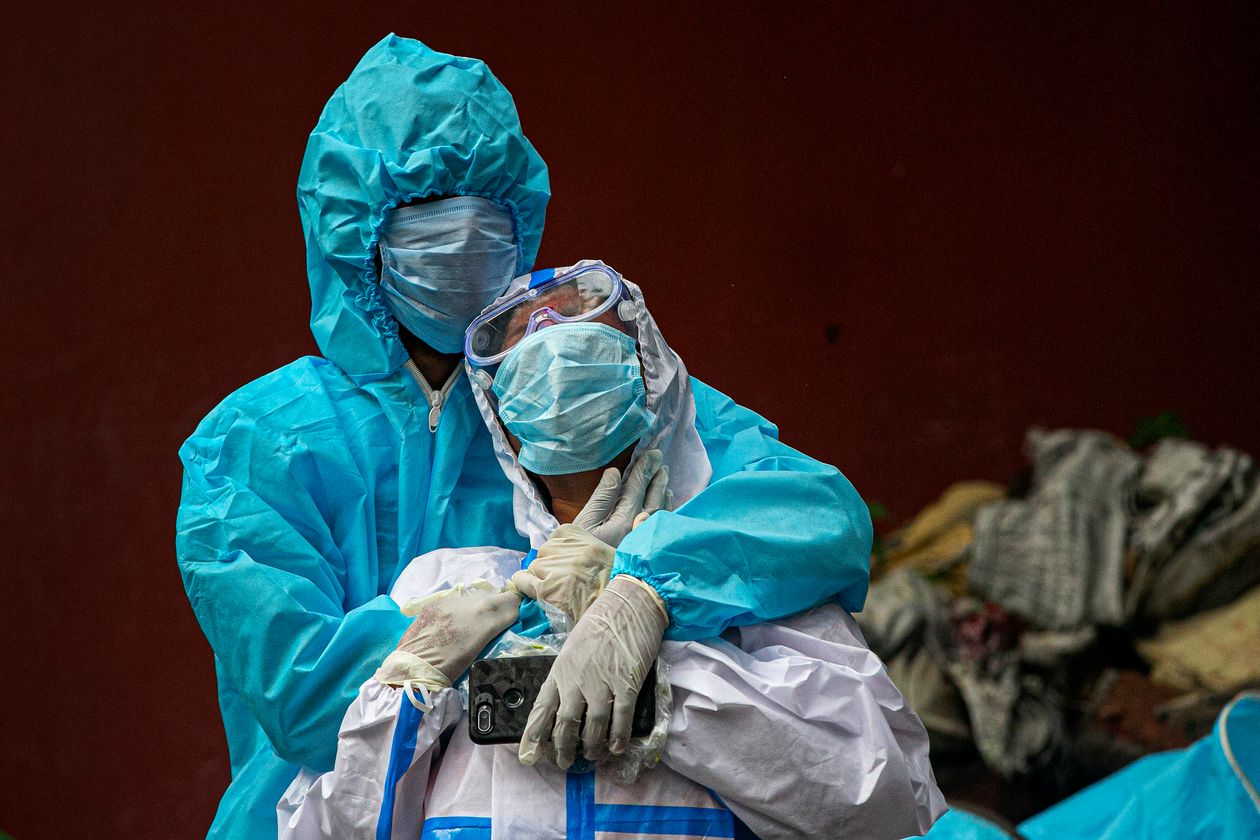Cameroon accused over Nigerian Boko Haram refugees
Cameroon on Wednesday denied allegations by a human rights group that it had forcibly returned about 100,000 Nigerian refugees in breach of international agreements, putting them in danger from Boko Haram Islamists.
Human Rights Watch said Nigerians who had sought refuge across the border because of the Islamist violence had been abused, attacked and even sexually exploited by soldiers.
Conditions in the only official camp for Nigerians were poor, free movement was restricted and refugees were denied proper contact with UN officials, it added.
"Since early 2015, the Cameroonian authorities have summarily deported at least 100,000 Nigerians living in remote border areas back to war, displacement and destitution in Nigeria\’s Borno state," the rights monitor said in a new report.
"In carrying out these deportations, Cameroonian soldiers have frequently used extreme physical violence," it added.
"The Cameroonian military\’s aim seems to be to clear Nigerians out of the country and dissuade other would-be asylum seekers from seeking Cameroon\’s protection."
HRW called it a "flagrant breach of the principle of non-refoulement", which stops refugees from being forced back to a country where they could be persecuted.
Cameroon government spokesman Issa Tchiroma Bakary rejected the allegations.
"This report is based on nothing," Bakary said, issuing "a formal and categorical denial."
"I should like to remind Human Rights Watch of two things. Firstly, we have today almost 500,000 refugees in our country… Secondly, it is not Cameroon\’s role to take in refugees from around the globe," Bakary told AFP.
"The allegations of torture and notably sexual aggression (by troops) constitute a shameful lie," he added.
He said soldiers "receive moral training before engaging in the theatre of operations" and "know that anyone caught (violating issued guidelines) is punished."
"Until a soldier is caught red-handed engaged in sexual assault all of this is just Human Rights Watch fantasy," Bakary said.
The UN refugee agency last year appealed on all governments not to return anyone to northeast Nigeria "until the security and human rights situation has improved considerably".
In April and May this year, an estimated 13,000 Nigerian refugees were returned from the overcrowded Minawao camp in Cameroon\’s Far North region to the border town of Banki.
AFP visited Banki in June, where the returns had increased the population living at the camp for the homeless from 32,000 to 45,000, stretching resources to the breaking point.
The UN high commissioner for refugees, Filippo Grandi, said at the time he was "extremely worried" by the returns and called them "unsustainable".
Nigerians had been "rounded up" into trucks and forcibly returned to camps that were "dangerously unprepared to receive them", he added.
HRW said that unlawful deportations had continued but that Nigeria was also complicit as it had sent military vehicles to help bring back its citizens from Cameroon.
Cameroon also blocked Nigerian asylum seekers at the border.
Both Nigeria and Cameroon are signatories to African and international agreements protecting the rights of refugees and preventing their forcible return.
HRW called for an immediate end to the deporting of Nigerian refugees, a probe into alleged abuses, plus better screening and registering of asylum seekers in Cameroon.
It also urged the international community to better fund UNHCR operations in areas affected by the conflict.
Boko Haram\’s Islamist insurgency began in 2009 and has killed at least 20,000 and forced more than 2.6 million from their homes.
The violence has largely been concentrated in northeast Nigeria but there have also been repeated attacks in Cameroon, as well as Chad and Niger.
SOURCE: AFP
[do_widget_area inner_adsbar]











